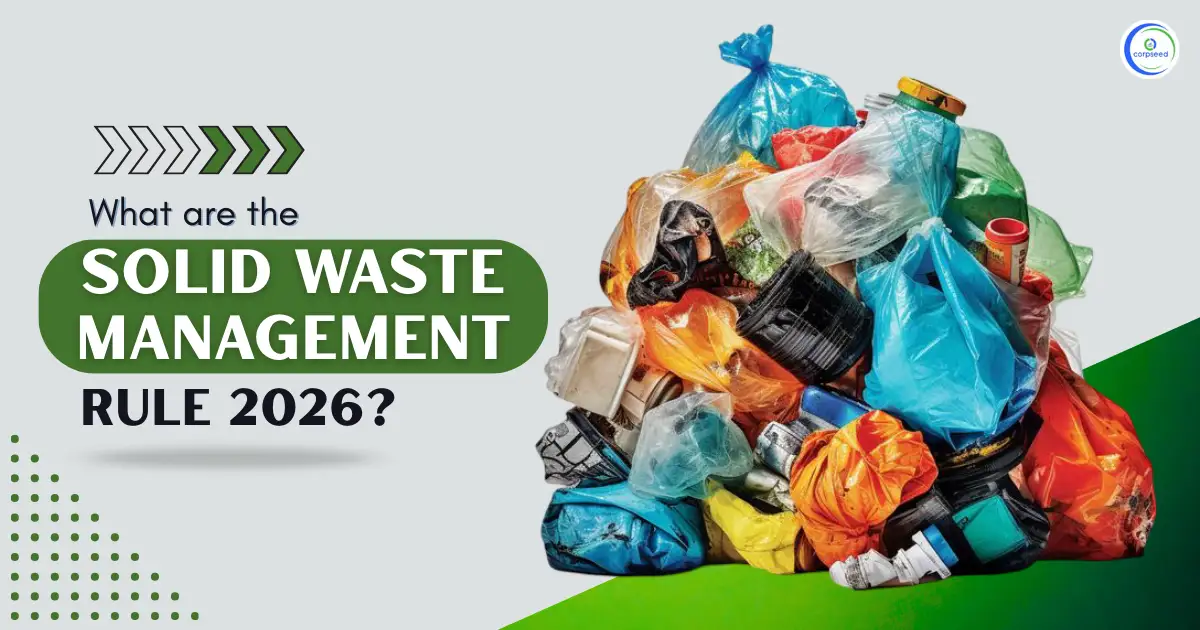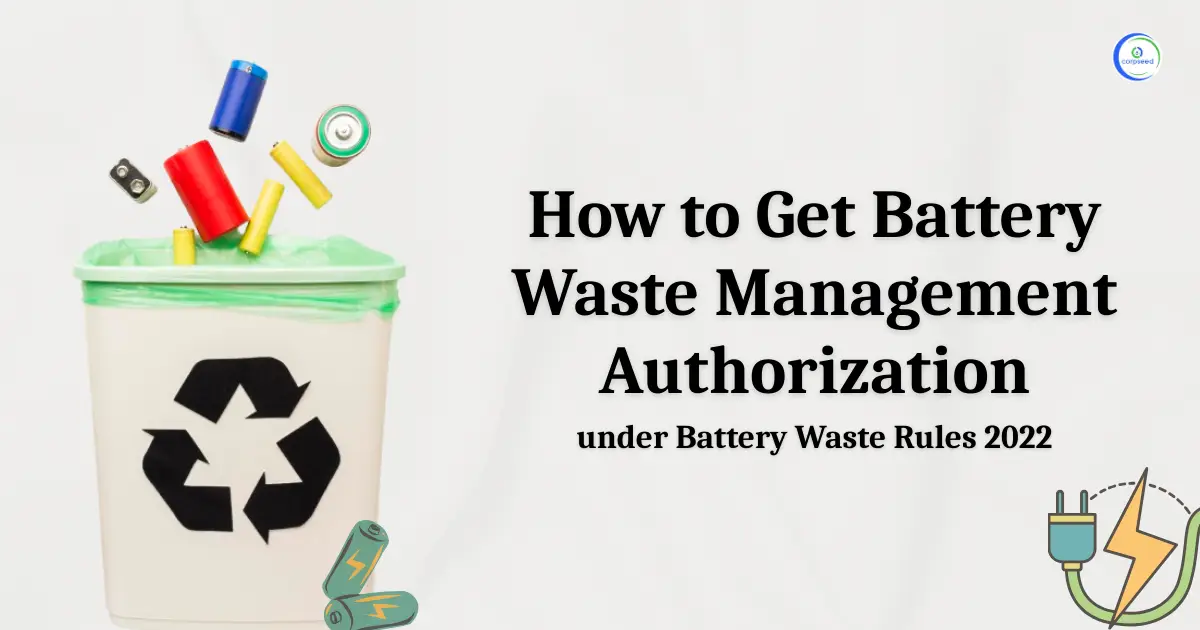The Definitive Guide to Properly Managing Radioactive Wastes: Complying with Atomic Energy Act, 1962
Dear readers, allow me to describe the catastrophe that we read in our books, which continues to reverberate till today. No wonder, we are all well-acquainted with the disastrous impact nuclear power had during the Second World War, resulting in the complete devastation of Hiroshima and Nagasaki. Tragically, it was nothing short of an apocalypse, as the overwhelming energy obliterated countless lives. The situation had escalated to such an extent that it had nearly transcended human control, seemingly falling into the laps of god, beyond any intervention or influence.
Table of Contents
- The Definitive Guide to Properly Managing Radioactive Wastes: Complying with Atomic Energy Act, 1962
- The objective of the Atomic Energy Act of 1962
- Unveiling the Depths of Radioactive Waste: An Overview
- Restrictions on the disposal of radioactive waste
- On the Discovery of Uranium and Thorium
- Final Thoughts on Atomic Energy
--------------Blog Contact Form-------------
The nuclear energy program was created with the aim of promoting and utilizing nuclear energy for peaceful purposes, inspired by the haunting memories and apprehension caused by the nuclear devastation of Hiroshima and Nagasaki. India's nuclear policy was shaped by this tragic event, and it was in 1948 that former Prime Minister Jawarhal Nehru, driven by the fear of India's potential involvement in a nuclear conflict, introduced a bill to the Constituent Assembly (Legislative).
Later the Atomic Energy Act of 1948 was replaced by the Atomic Energy Act of 1962, which became responsible for regulating atomic energy focusing on its pros, mainly for the welfare of the people, followed by its development.
Nonetheless, allow yourself to sit back and analyze the provisions that are made to manage radioactive waste as per the Atomic Energy Act, of 1962.
The objective of the Atomic Energy Act of 1962
The main objective of the Atomic Energy Act of 1962 was to promote the development of nuclear energy and provide training to scientists for conducting extensive research for the benefit of the nation. However, this act also aimed to establish strict standards for controlling radioactive substances and reducing accidents related to public safety and the disposal of radioactive waste.
In line with this act, sections 3 and 5 encourage the establishment of State electricity boards and other corporations to control, utilize, and safeguard power resources for generating electricity through atomic power stations. These boards and corporations are expected to work closely with each other and enter agreements related to the supply of electricity. The act also includes special provisions regarding radioactive substances, granting the authority to regulate and inspect the application and production of atomic energy.
Unveiling the Depths of Radioactive Waste: An Overview
Radioactive material in India, as defined by the central government, pertains to substances or materials that emit radiation at excessive levels without any external stimulation. This radiation emission is a spontaneous process that occurs due to the material's inherent properties.
These radioactive substances can be found in various forms, such as solid, liquid, or gas, and are commonly used in industries, medical facilities, research labs, and nuclear power plants. The central government has set specific thresholds to determine the acceptable levels of radiation emitted by these materials, ensuring the safety and well-being of the population.
Strict regulations and protocols are in place to handle, transport, store, and dispose of radioactive materials to prevent any potential harm to both humans and the environment. With the usage of radioactive waste, the Central Government has the authority to prohibit to manufacture, possession, use or otherwise, export and import in emergency situations of any radioactive substances without its written consent.
Restrictions on the disposal of radioactive waste
The restrictions on the disposal of radioactive waste are as follows-
- No person will be permitted to dispose of the radioactive waste unless he has permission or authorization from the competent authority.
- No person will be allowed to dispose of radioactive waste in any way, other than these terms and conditions as per the authorisation granted thunder these rules.
- No person will be allowed to dispose of radioactive waste in quantities that are beyond the specified limits of the authorization.
On the Discovery of Uranium and Thorium
- It is brought to notice that any/every person, either before or after the commencement of this act being able to discover the existence of uranium or thorium at any place, within those three months from the date of commencement, or after that, will need to report regarding the discovery in writing directly, either to the Central Government or any authority authorized by the Central government.
- Any individual, who believes or has reason to believe regarding the occurrence of uranium or thorium in India, shall without any delay, send the intimation with its suspicion along with the reasons stated to the Central Government, or any such authority as communicated.
Roles & Duties to Manage Radioactive Wastes
It is brought to notice that every authorized person should ensure the following rules, the following points to remember and are as follows-
An authorised person
Every authorized person needs to ensure-
- The disposal of the radioactive material is initiated in accordance with the provisions of those rules and regulations especially, all those that cater for the terms and conditions as per the authorisation.
- Accordingly, the records based on the waste disposal are mentioned in Form III, while specifying the periods as stipulated by the competent authority.
- With all the requirements of the Radiation Protection Rules, 1971 being complied with;
- The implementation of personnel monitoring along with environmental surveillance needs to be carried out continually in assessing the risks to gauge the impact of the waste disposal operations.
- Unless it is stipulated or as per the authorization, the quarterly reports from it are submitted to the competent authority as per Form IV.
- The report submitted based on the hazardous situation, is required to be submitted to the competent authority, all-in-all.
- The authorized person is required to ensure that the disposal of the radioactive wastes is initiated and performed in accordance with the rules laid down in authorization, by adhering to the Radiation Protection Rules 1971, while environmental surveillance or monitoring is being initiated
Radiological safety officer
After obtaining approval from the appropriate authority, the authorized individual will appoint a radiological safety officer. It is essential for the radiological safety officer to have the necessary educational qualifications, as well as experience and training. The role of the radiological safety officer in a radiation facility includes advising the employer on the proper disposal and safe handling of radioactive materials, as well as ensuring adequate radiation monitoring.
The roles and responsibilities of the Radiological safety officer related to the radiation installation have been listed below, let us have a closer look at it -
- The officer is required to educate the employer about the safe handling as well as the disposal of the radioactive wastes, by adhering to the steps that ensure that operational limits are carefully adhered to & not exceeded beyond a limit.
- It is to instruct the workers engaging in the waste disposal facility about the hazards of this radiation along with the safety measures implementing the practices that eliminate the exposures to contamination as well as radiation to make sure that adequate radiation surveillance is provided to the radiation workers along with the environment.
- It makes them solely liable for carrying out several tests, especially on the radioactive wastes as dictated by the competent authority.
- It is to ensure that the buildings, laboratories as well and plants with the radioactive wastes are handled, produced as well and stored and designed to give adequate safety related to safe handling as the disposal of the radioactive wastes;
- He/she would be responsible for examining and assessing the radiation protection instruments that are needed for the installation while keeping them under a definitive, yet proper calibration.
- To encourage or assist oneself in investigating and aiming to introduce viable remedial measures related to any situation that might potentially cause radiation hazards.
Therefore, such are the roles and responsibilities of the ways to manage the radioactive wastes as per the Atomic Energy Act, of 1962.
Final Thoughts on Atomic Energy
Hence, it can be inferred that substances like radioactive waste fall under the category of materials capable of emitting harmful radiation. With that, these substances come in various forms, along with their effects. This is exactly where, the central government steps forward in prohibiting the activities, ranging from manufacturing, possessing, transferring and any radioactive substances without its consent.
We need to understand that the emergence of the Atomic Energy Act, of 1962 was born as an effort to utilise nuclear energy in the rightful ways, ensuring progress and development. Thus, the managment of radioactive wastes is a serious issue, which has to be done to ensure proper controls and permissions.
This portion of the site is for informational purposes only. The content is not legal advice. The statements and opinions are the expression of author, not corpseed, and have not been evaluated by corpseed for accuracy, completeness, or changes in the law.
BOOK A FREE CONSULTATION
Get help from an experienced legal adviser. Schedule your consultation at a time that works for you and it's absolutely FREE.
_And_Rules_Made_There_Under.webp)




.webp)



